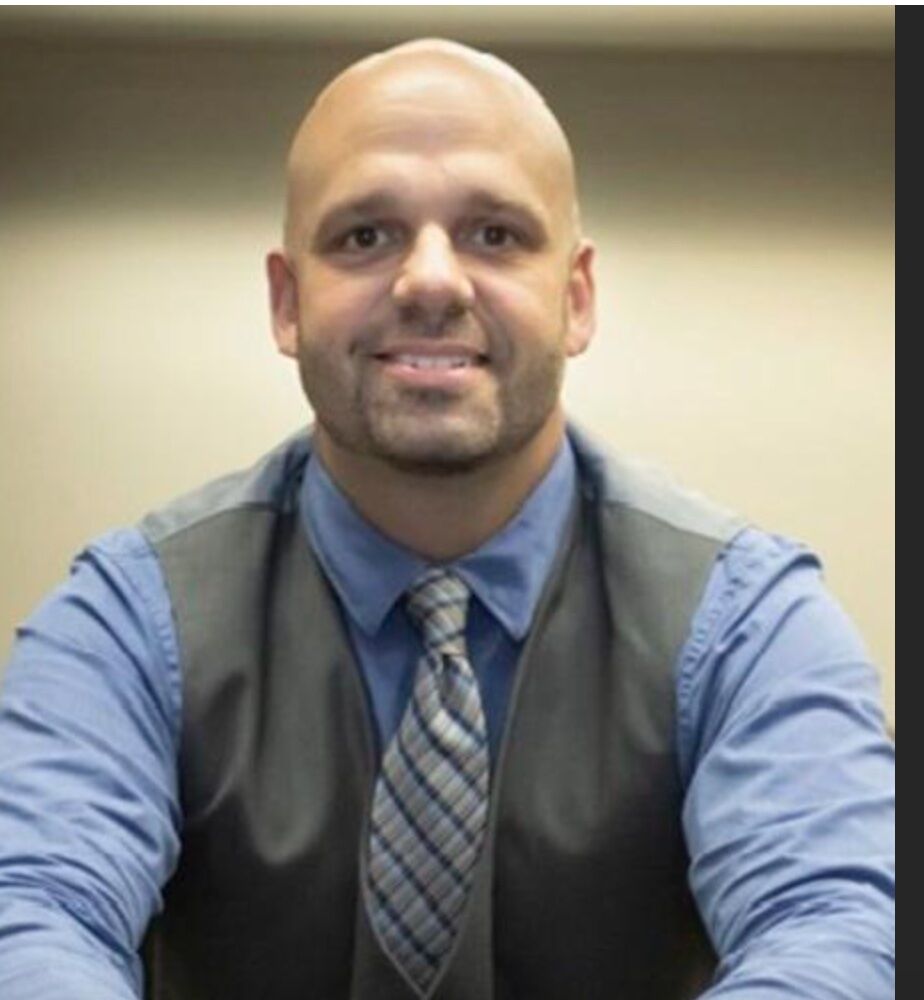HOCHSCHILD: Remember who picks the blueberries
Published 7:00 am Friday, April 21, 2023

- Tom Hochschild
The city of Valdosta recently hosted a “Bluesberry” Festival on April 14 and 15 at Unity Park Amphitheater.
The event was a great success, as there were hundreds of attendees, numerous food trucks, Georgia Beer Company, children’s games and live blues music.
City officials and workers who hosted the event did an outstanding job bringing this cultural event to Valdosta.
My wife, child and I were fortunate to attend Friday and had a great time eating tacos, drinking blueberry beer and eating blueberry pastries.
Coincidentally, I had taken my Valdosta State University sociology students on a local field trip a few days prior to the festival to get a better understanding of the immigrant workers who pick our fruits and vegetables.
Because the crops they work with change daily, we weren’t sure what they would be picking when we arrived. They happened to be picking blueberries that day.
One of the immigrant workers we spoke with demonstrated how she bends over to pick blueberries from 6 in the morning until 7 at night for $100 per day. She uses a white pail and back harness for support.
She said it’s tiring work but much easier than working with heavier cucumbers, onions or watermelons.
We also talked with immigrant children who pick crops. The children bragged that they are better than the adults at picking blueberries because of their small nimble fingers.
We were grateful to be invited to the workers’ trailer homes but saddened to hear about plumbing, electrical and structural problems their landlords refuse to fix. We were also saddened to learn that the immigrant workers have no health insurance or retirement accounts.
As my wife, son and I listened to the blues music at the festival, I thought about the African Americans who originated blues music and how they sang about the misery and mistreatment they experienced. Many of those African Americans lived and worked on farms picking fruits and vegetables.
I also thought about the disconnect that exists between the people who do difficult and dangerous work for low pay and those of us who benefit from it.
Most of us are unaware of where our food, clothes, technology and other consumer items come from, or the conditions under which they are produced.
I’m looking forward to Valdosta’s second annual Bluesberry Festival next year but hope that the treatment of our immigrant brothers and sisters improves in the meantime.
Tom Hochschild is a professor of sociology at Valdosta State University.




